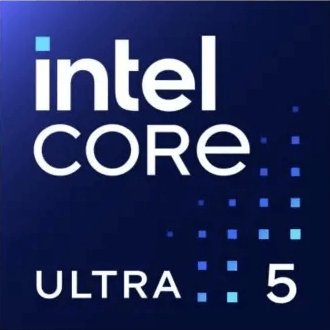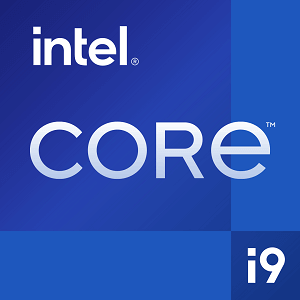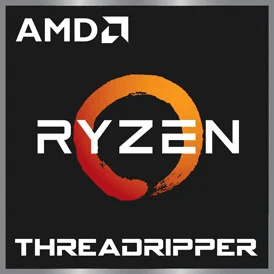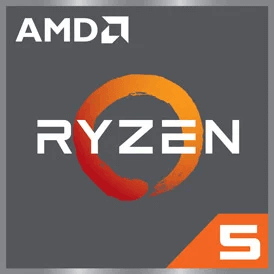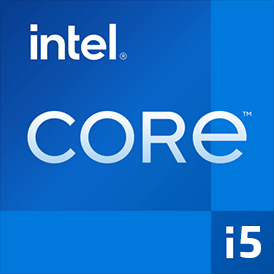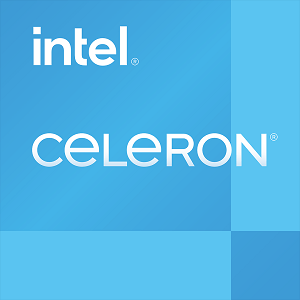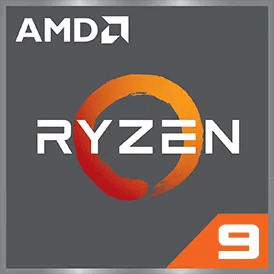Intel Core Ultra 5 225 vs Intel Core i9 10900
We compared two desktop CPUs: Intel Core Ultra 5 225 with 10 cores 3.3GHz and Intel Core i9 10900 with 10 cores 2.8GHz . You will find out which processor performs better in benchmark tests, key specifications, power consumption and more.
Main Differences
Intel Core Ultra 5 225 's Advantages
Released 4 years and 7 months late
Higher specification of memory (6400 vs 2933)
Larger memory bandwidth (102.4GB/s vs 45.8GB/s)
Newer PCIe version (5.0 vs 3.0)
Higher base frequency (3.3GHz vs 2.8GHz)
More modern manufacturing process (3nm vs 14nm)
Score
Benchmark
Cinebench R23 Single Core
Intel Core Ultra 5 225
+53%
2079
Intel Core i9 10900
1355
Cinebench R23 Multi Core
Intel Core Ultra 5 225
+28%
17059
Intel Core i9 10900
13293
Geekbench 6 Single Core
Intel Core Ultra 5 225
+62%
2791
Intel Core i9 10900
1713
Geekbench 6 Multi Core
Intel Core Ultra 5 225
+55%
14010
Intel Core i9 10900
9002
Passmark CPU Single Core
Intel Core Ultra 5 225
+48%
4490
Intel Core i9 10900
3028
Passmark CPU Multi Core
Intel Core Ultra 5 225
+57%
31742
Intel Core i9 10900
20152
General Parameters
Dec 2024
Release Date
May 2020
Intel
Manufacturer
Intel
Desktop
Type
Desktop
x86-64
Instruction Set
x86-64
Arrow Lake
Core Architecture
Comet Lake
225
Processor Number
i9-10900
FCLGA-1851
Socket
LGA-1200
Arc Graphics
Integrated Graphics
UHD Graphics 630
Ultra 5 (Arrow Lake)
Generation
-
Package
17.8 billions
Transistor Count
-
3 nm
Manufacturing Process
14 nm
65 W
Power Consumption
65 W
121 W
Max Turbo Power Consumption
-
105 °C
Peak Operating Temperature
100 °C
TSMC
Foundry
-
243 mm²
Die Size
-
CPU Performance
6
Performance Cores
10
6
Performance Core Threads
20
3.3 GHz
Performance Core Base Frequency
2.8 GHz
4.9 GHz
Performance Core Turbo Frequency
5.2 GHz
4
Efficiency Cores
-
4
Efficiency Core Threads
-
2.7 GHz
Efficiency Core Base Frequency
-
4.4 GHz
Efficiency Core Turbo Frequency
-
10
Total Core Count
10
10
Total Thread Count
20
100 MHz
Bus Frequency
100 MHz
33
Multiplier
28x
192 K per core
L1 Cache
64 K per core
3 MB per core
L2 Cache
256 K per core
20 MB shared
L3 Cache
20 MB shared
No
Unlocked Multiplier
No
1
SMP
-
Memory Parameters
DDR5-6400
Memory Types
DDR4-2933
256 GB
Max Memory Size
128 GB
2
Max Memory Channels
2
102.4 GB/s
Max Memory Bandwidth
45.8 GB/s
No
ECC Memory Support
No
Graphics Card Parameters
true
Integrated Graphics
true
-
GPU Base Frequency
350 MHz
1800 MHz
GPU Max Dynamic Frequency
1200 MHz
-
Shader Units
192
-
Texture Units
24
-
Raster Operation Units
3
-
Execution Units
24
-
Power Consumption
15 W
-
Max Resolution
4096x2304 - 60 Hz
-
Graphics Performance
0.38 TFLOPS
